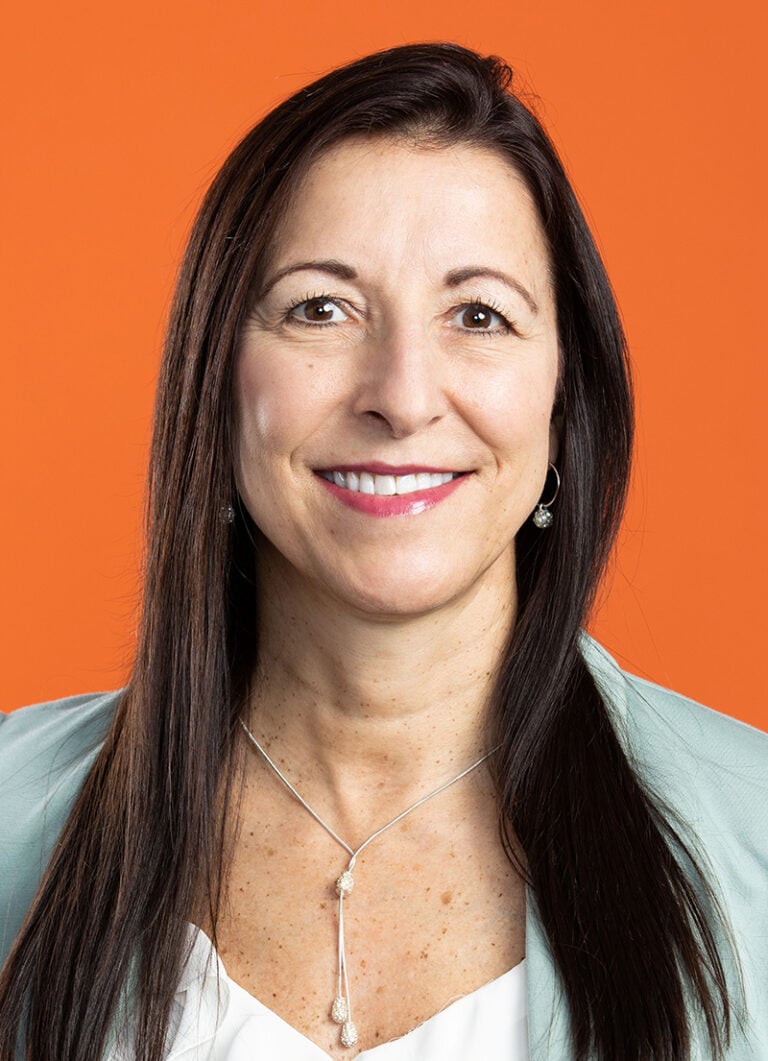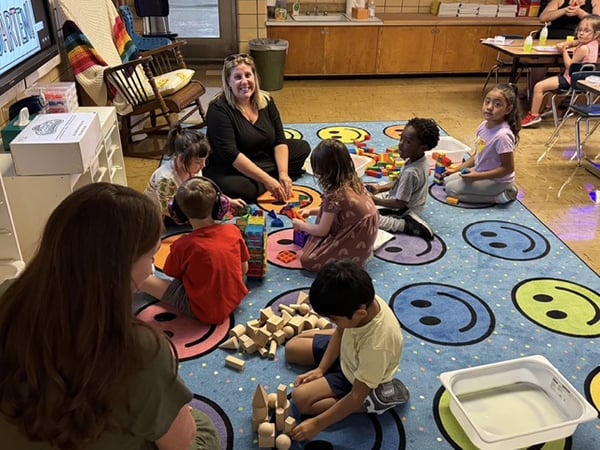By Katie Brown
University of Kentucky
When you receive a cancer diagnosis, fertility may be the last thing on your mind. But for many people, cancer treatment can affect the ability to have children in the future. The good news is that with proper planning, many patients can preserve their fertility before starting treatment.
Oncofertility is a field focused on helping patients with cancer protect their reproductive health. Certain cancer treatments, including chemotherapy, radiation and surgery, can damage reproductive organs or reduce fertility. The extent of the risk depends on the type of treatment, the dose and your age.

Who should consider fertility preservation?
Any person of reproductive age who wants the option of having biological children should discuss fertility preservation with their cancer care team before beginning treatment. Parents of children with cancer should also have this conversation with their child’s oncologist, even if their child is young. These discussions help families make informed decisions about their child’s future reproductive health.
What are the options?
For women, the most established method is egg or embryo freezing. This involves taking hormone medications to stimulate the ovaries, then removing and freezing eggs or embryos for future use. Another option is ovarian tissue freezing, which can be done quickly and may work for patients who can’t delay treatment.
For men, sperm banking is a simple and effective option. Sperm can be collected and frozen before treatment begins. Testicular tissue freezing is also an experimental option available for boys who are not yet producing sperm and men who are unable to produce a specimen.
Adoption and the use of donor eggs or sperm are also paths that many cancer survivors have used to build their families.
What about cost?
Fertility preservation can be expensive, and insurance coverage varies. Some organizations offer grants and financial assistance programs for cancer patients. Ask your medical team about resources that might help with costs.
Katie Brown is a social work supervisor at the UK Markey Cancer Center

















